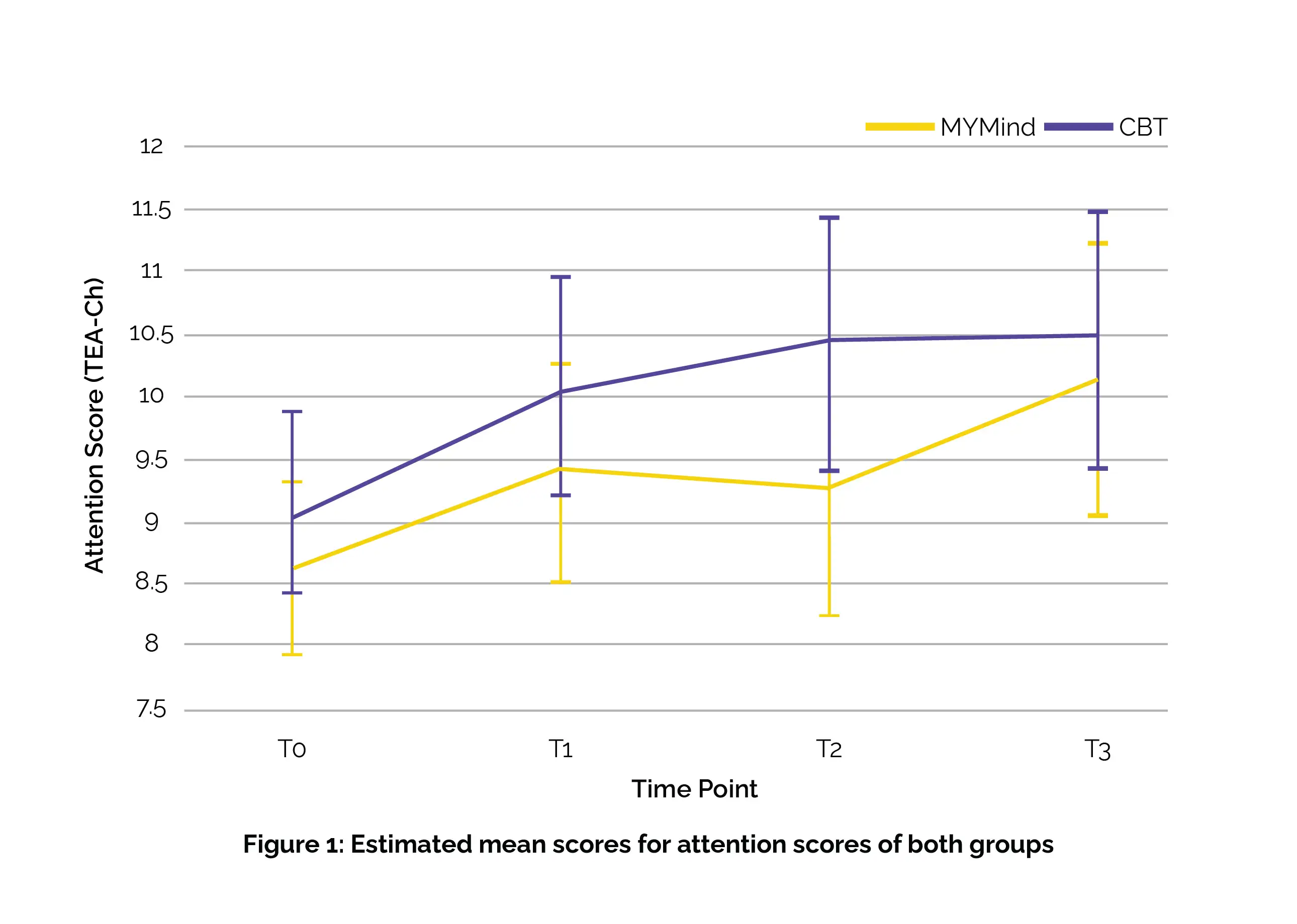Categories
Change Password!
Reset Password!


In children suffering from attention-deficit hyperactivity disorder, both mindfulness for youth and cognitive behavioral therapy competently improve attention and behavioral outcomes.
The outcomes of a landmark randomized controlled trial (RCT) illustrated comparable effectiveness of Mindfulness for youth [MYmind]) and cognitive behavioral therapy (CBT) in addressing ADHD symptoms in children aged 8-12 years. Researchers compared the effectiveness of mindfulness-based interventions vs. well-established CBT for ADHD-affected children. The study encompassed 138 families of kids aged 8-12 years, with 69 families assigned to the MYmind group and 69 families allocated to the CBT group.
The RCT spanned baseline assessments (T0), immediate post-intervention evaluations (T1), and follow-ups at three months (T2) and six months (T3). The key focus was on the attention score, estimated using the Sky Search subtest of the Test of Everyday Attention for Children (TEA-Ch). Secondary endpoints encompassed assessments of child behavior and parent-linked factors. Both MYmind and CBT revealed significant improvements in children's attention scores at the six-month mark. The MYmind group illustrated a β value of 1.48 (p = 0.013, Cohen's d = 0.32), while the CBT group exhibited a β value of 1.46 (p = 0.008, d = 0.27), as depicted in Figure 1:

Furthermore, both interventions illustrated remarkable within-group improvements in various secondary endpoints. Notably, no profound differences were witnessed between the two arms for either primary or secondary outcomes at any time point. Hence, both MYmind and CBT are beneficial in enhancing kids' behavior and attention outcomes. Importantly, no profound distinction was noted between the two interventions.
This trial stands as the largest comparison of MYmind and CBT to date, notwithstanding the challenges posed by the loss of follow-up assessments during the pandemic. While the results are encouraging, researchers advocate for further RCTs adopting a non-inferiority design to validate and build upon these findings. This comprehensive evaluation markedly contributes to the understanding of mindfulness-based interventions for ADHD in children, opening avenues for future research and potential improvements in management approaches.
Psychotherapy and Psychosomatics
The Effects of Mindfulness for Youth (MYmind) versus Group Cognitive Behavioral Therapy in Improving Attention and Reducing Behavioral Problems among Children with Attention-Deficit Hyperactivity Disorder and Their Parents: A Randomized Controlled Trial
Wong SYS et al.
Comments (0)